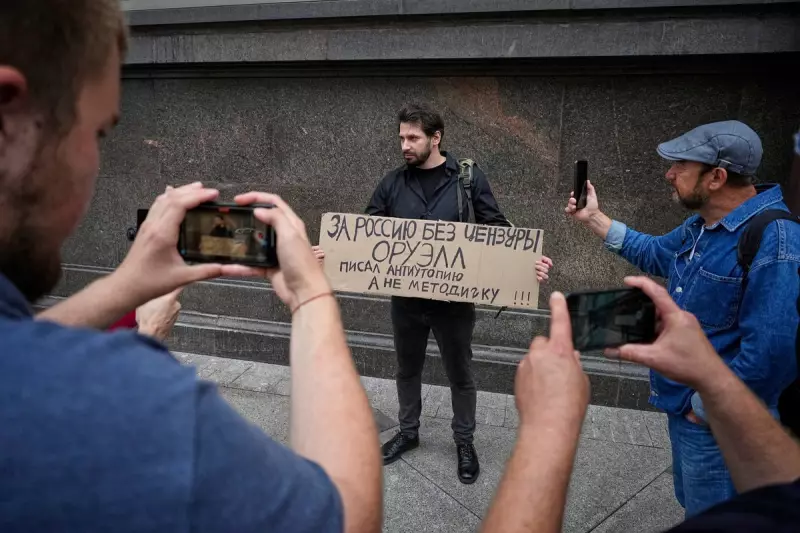
The Kremlin has issued a stark warning to Estonia, threatening "retaliation" after the Baltic nation removed Soviet-era monuments from public spaces. Moscow's foreign ministry spokesperson, Maria Zakharova, accused Tallinn of "rewriting history" and vowed that Russia would not let the actions go unanswered.
Estonian officials have defended their decision, stating the monuments glorify occupation and have no place in modern Estonia. "These symbols represent a painful period of oppression," said Estonian Prime Minister Kaja Kallas. "We have a duty to our citizens to create public spaces that reflect our values."
The escalating row comes as:
- Estonia accelerates removal of Soviet memorials across the country
- Russian-speaking minorities in Estonia protest the removals
- NATO reinforces its presence in the Baltic region
Analysts suggest this confrontation could further strain Russia-EU relations, already at historic lows since the Ukraine invasion. "Putin's government uses such disputes to rally nationalist sentiment at home," explained Dr. Lars Johansen, a Baltic security expert at King's College London.
The controversy centers particularly on a World War II memorial in Narva, a border city with a large Russian-speaking population. While Moscow claims these monuments honor anti-fascist fighters, Baltic states view them as symbols of Soviet domination.
Estonia's foreign ministry responded to Russian threats by affirming its sovereign right to determine its own memorial landscape. "We will not be intimidated by Moscow's rhetoric," stated a ministry spokesperson.





